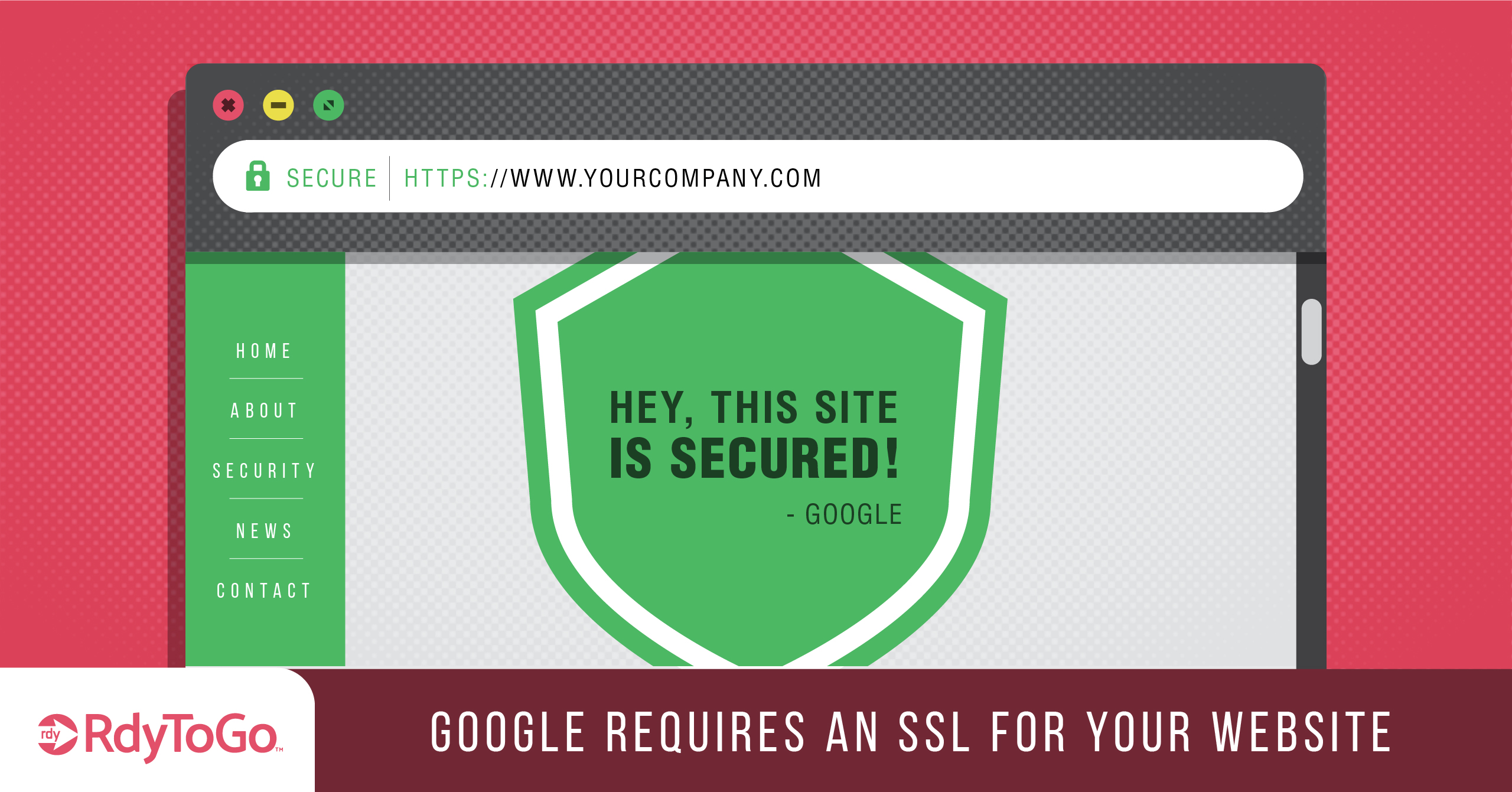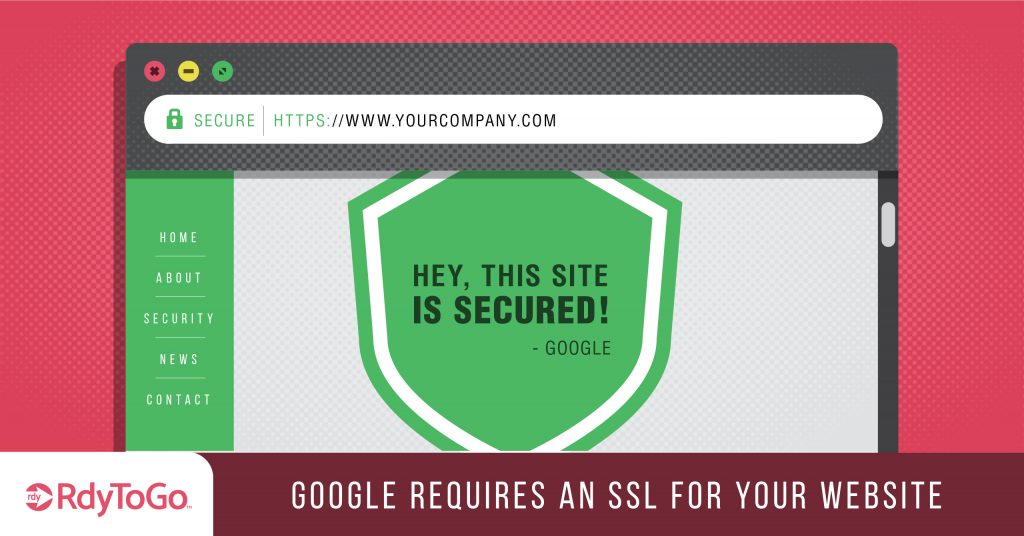
Freeze, Internet Police!
Text talk can be rather irritating in this modern age as they can be separated by their demographic of users such as gamers, social butterflies and computer nerds. This can usually frustrating if you’re not part of a group of text talkers outside the casual ‘lol’, then you’re more than likely to get a little lost through the end of this article. Do not fret business pursuer, I’ll try to break down the ideas of what SSL, HTTP, HTTPS and more. In the meantime, I will also try to explain how they are important and how they can impact your business.
So what exactly is http://, that additional set of letters added to the URL whenever you search for, well, anything? Hypertext Transfer Protocol (HTTP) is the command function of the URL that asks the web server to look for and pull up the web page your requested. HTTPS is an encrypted version of HTTPS that generates codes everytime data is transfered to prevent unwanted guest from intercepting important information such as checkout pages. HTTPS goes by a few variety of names such as HTTP over Transport Layer Security [TLS], HTTP over SSL and also HTTP Secure. Like TLS, SSL (Secure Socket Layer) is the encryption generator for the HTTP by generating an encryption between the server and user to prevent the interceptor from viewing your webpage.
Let’s see if you’re on the list
It’s all about security and Google is trying to be the be the bouncer to your party. Not every website is properly secured, even if it’s not entirely their fault. With all sorts of pop-ups, redirects and interceptors trying to force you to download their malicious software so they can take over your computer, it’s easy to understand why Google is willing to promote websites more with proper security. In 2014, Google announced that they would be applying a small SEO boast to websites using a dedicated HTTPS encryption. [1] Now that it has been a little over two years ago, Google is stepping up it’s game by promoting the secured sites and punishing the unsecured ones. The USB Port reported Google’s latest application with their policy towards HTTP and how they plan to mark unsafe website on their search engine with a X mark. [2] Even WordPress, the most widely used web developer tool in the world, announced that they want users to switch to HTTPS to promote a push for internet security. [3] Seeing as how both of these major parties are putting their foot down on HTTPS, it’s time for your business to take the necessary steps to follow these new changes.
Acquiring an SSL certificate can be considered pricey from certain companies but there are free alternatives, such as CloudFlare and Let’s Encrypt. Their base offerings alone is enough to keep your company’ website secured and SEO friendly, however for much larger companies they might want to invest in bigger packages for greater company authenticity. Bigger packages means more paperwork and verification of a company’s legitimacy. This is great for major companies looking to keep their brand integrity and preventing anyone else from claiming it. The next thing you will want to do is make sure server is running https from the server settings, this can vary from user to user so this requires some self research. Then you will want to go through all your internal links and switch them to https.
Now that we’re done with our contemporary internet lingo, it’s time to take action and make sure your business is secured.
References
